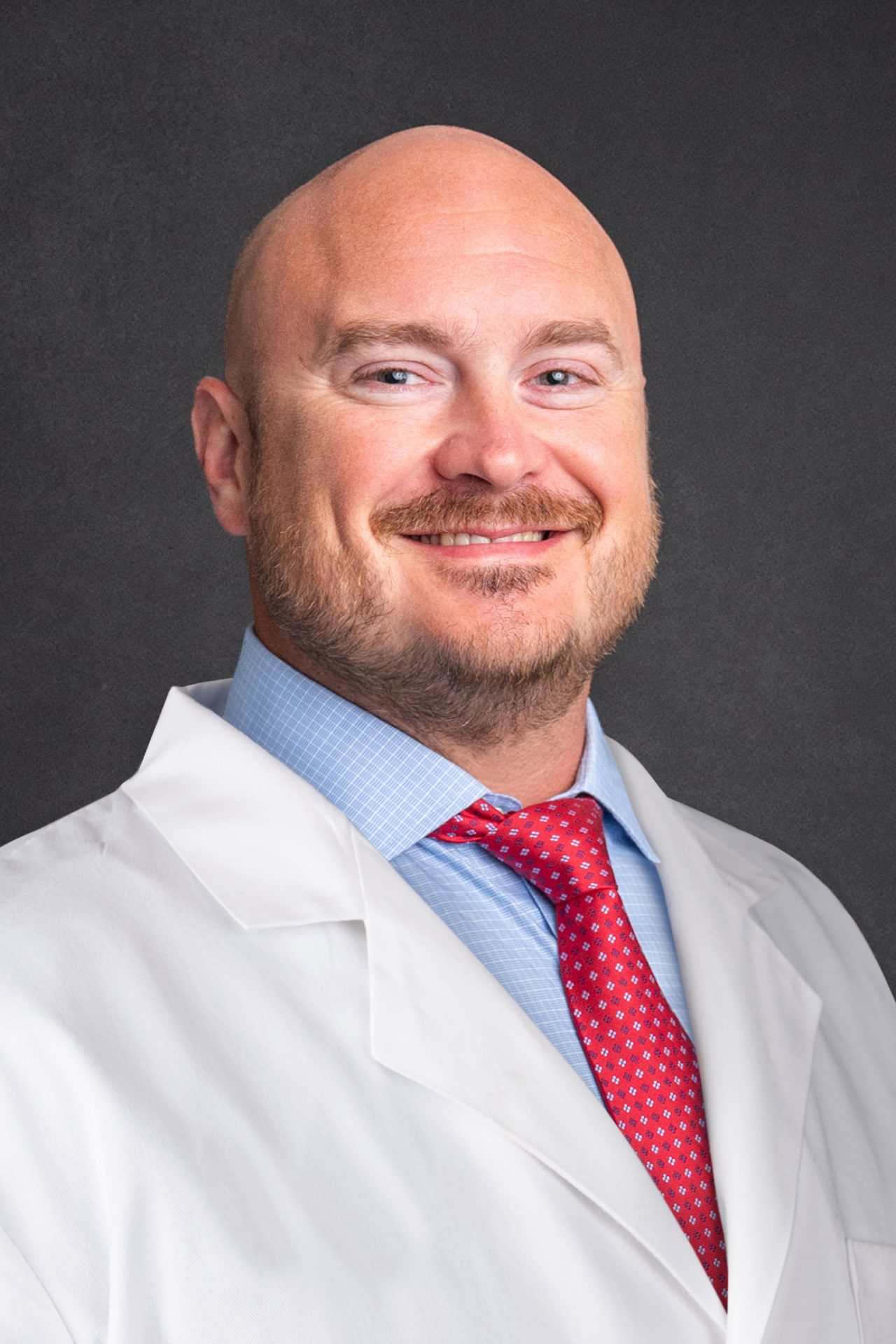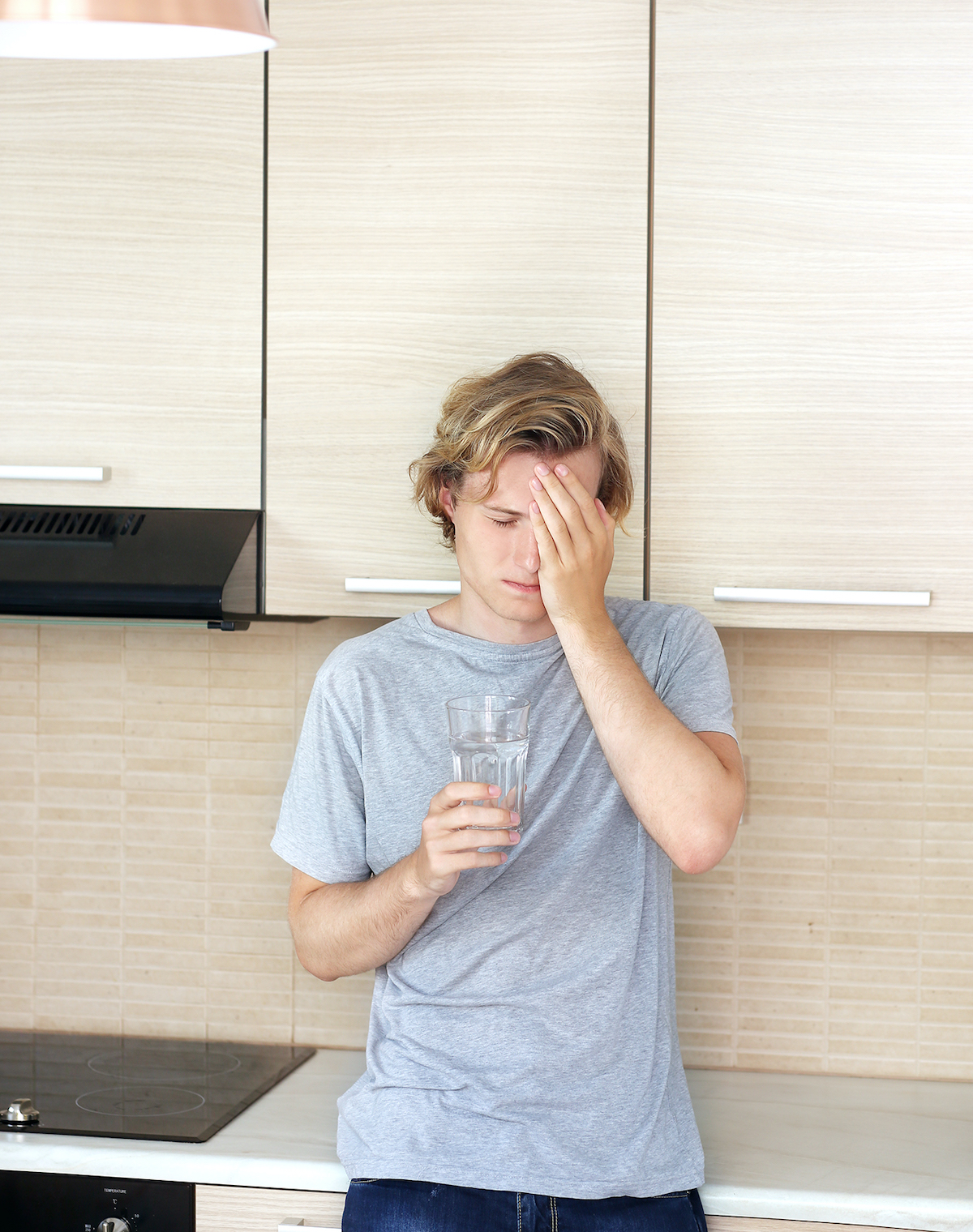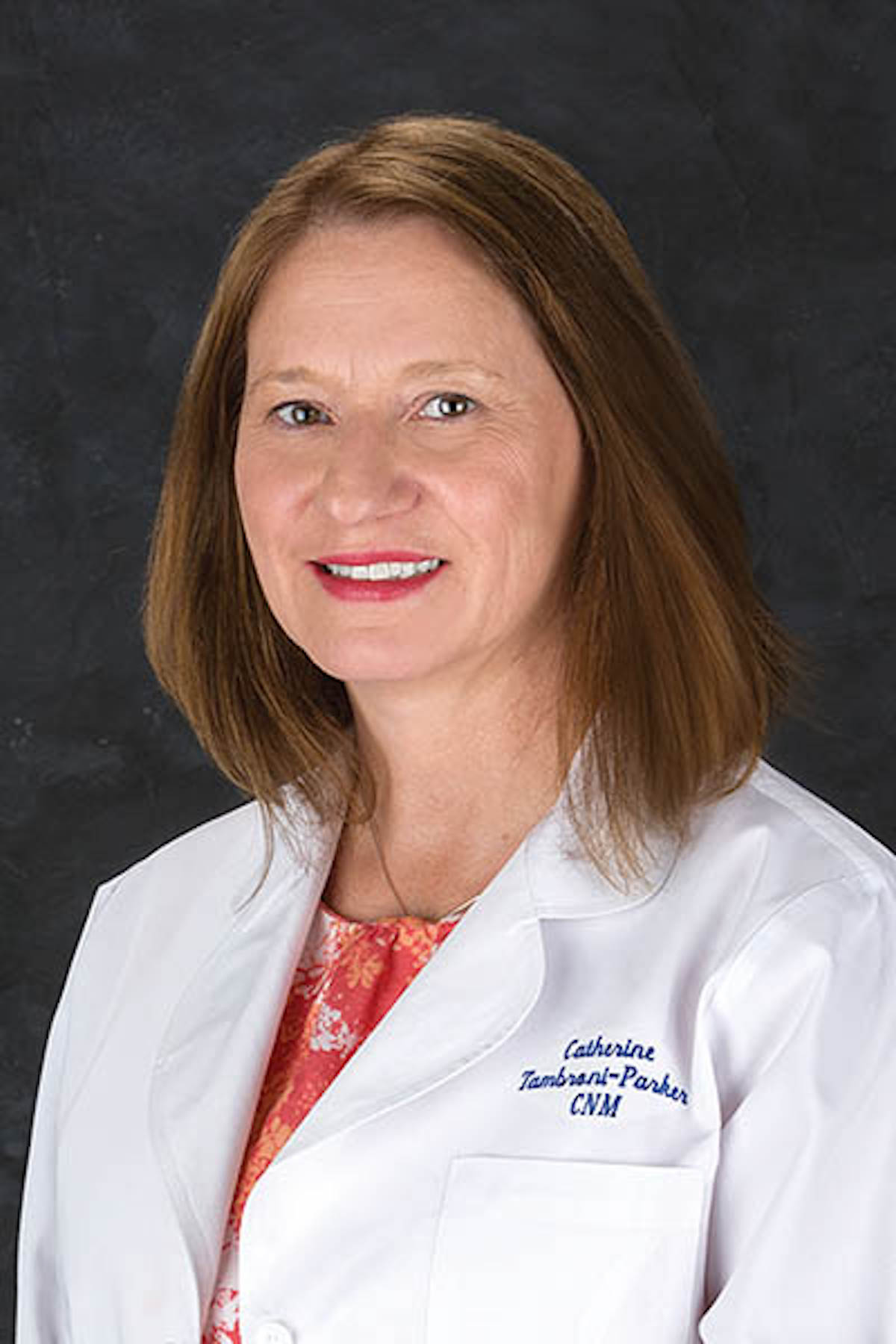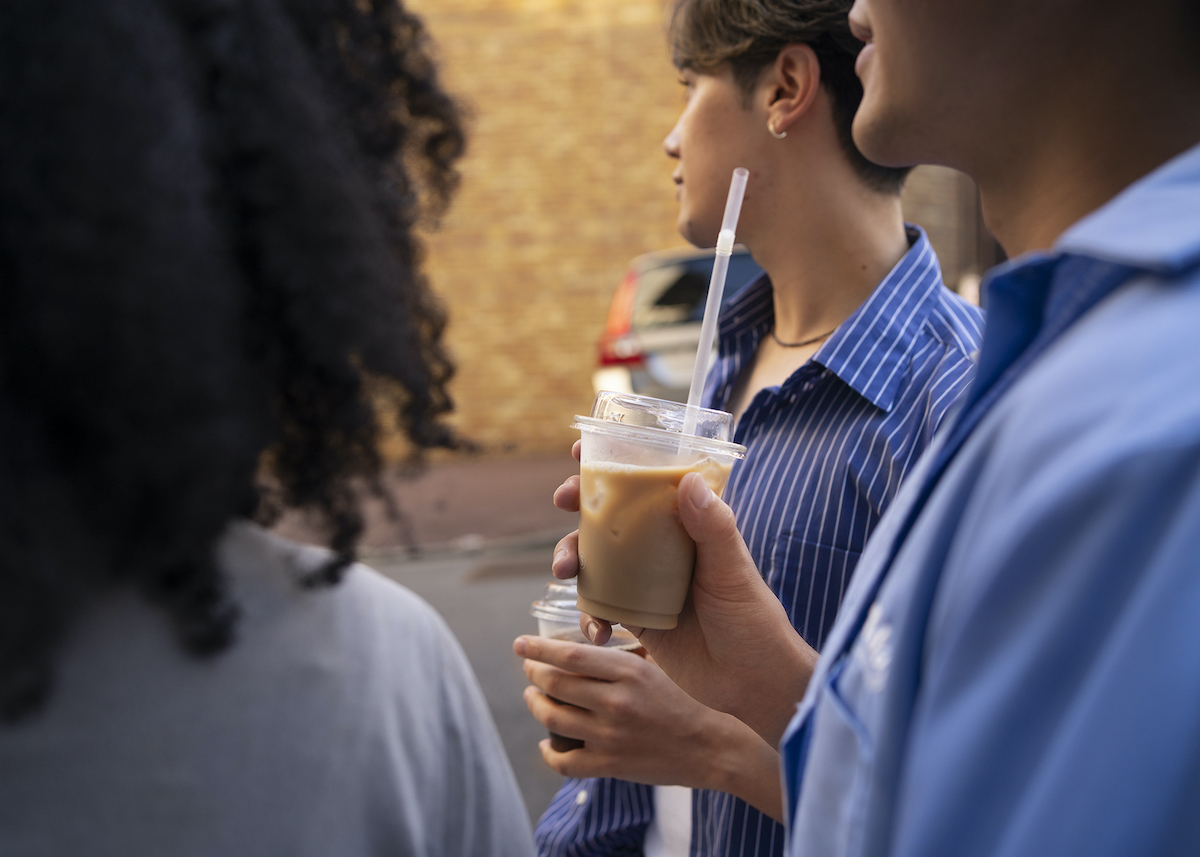By LAURA KAPONER
For me, I think one of the most damaging things those around me can do is belittle my food addiction, not hold it on the same level of severity as any other addiction.
The other equally detrimental action is fat shaming.
The cycle of addiction goes like this: use my addiction as a coping mechanism for any trigger or stress that I’m experiencing, then feel a deep guilt and shame about giving into my addiction thus creating another circumstance where I feel the need to self soothe and once again give into my addiction.
For most of my life I have struggled with maintaining a healthy weight and for just as long those around me have taken advantage of my insecurity by outwardly harassing me about it.
Harassing is the act of disturbing, pestering or troubling repetitively. I believed I was unworthy, ugly and a horrible person for being overweight; even more so because of the behavior that led to me being overweight.
A key component in Binge Eating Disorder according the DSM V is the deep sense of guilt and shame felt during and after each episode.
On the other hand, normalizing my behavior allowed me to delude myself into believing I, in fact, did not have a problem. I convinced myself for nearly a year that I just enjoyed treating myself to fun food, and there was no harm in that.
Everyone else was doing it, so why couldn’t I do it too?
The weight gain, heart burn, acid reflux and crippling pain I felt was also normalized by those around me. It’s real easy to live a lie when those around you actively contribute to it.
The reality is that not everyone else was doing it, at least not to the level I was.
Binge Eating, along with any addiction, is not healthy and needs intervention. The hardest part for me was admitting I had relapsed in my addiction and couldn’t deal with it on my own.
For me, I addressed my addiction in therapy, with friends and family and the community at large. Not only did this give me accountability for my actions, but it gave me relief to know I had others who would help me get through this.
I examined the events in my life that led to my relapse and ways I could better handle them in the future.
To avoid a drug for the rest of your life is a possibility. To avoid food is not.
But I could not be on a structured nutrition program forever and I couldn’t avoid every social event with food either. While I can’t avoid every single trigger I may face, I can formulate a plan for those I know about ahead of time.
My recovery will be one day, one meal, one food choice at a time. I would need to be patient with myself and the process, as it wasn’t going to be easy.







